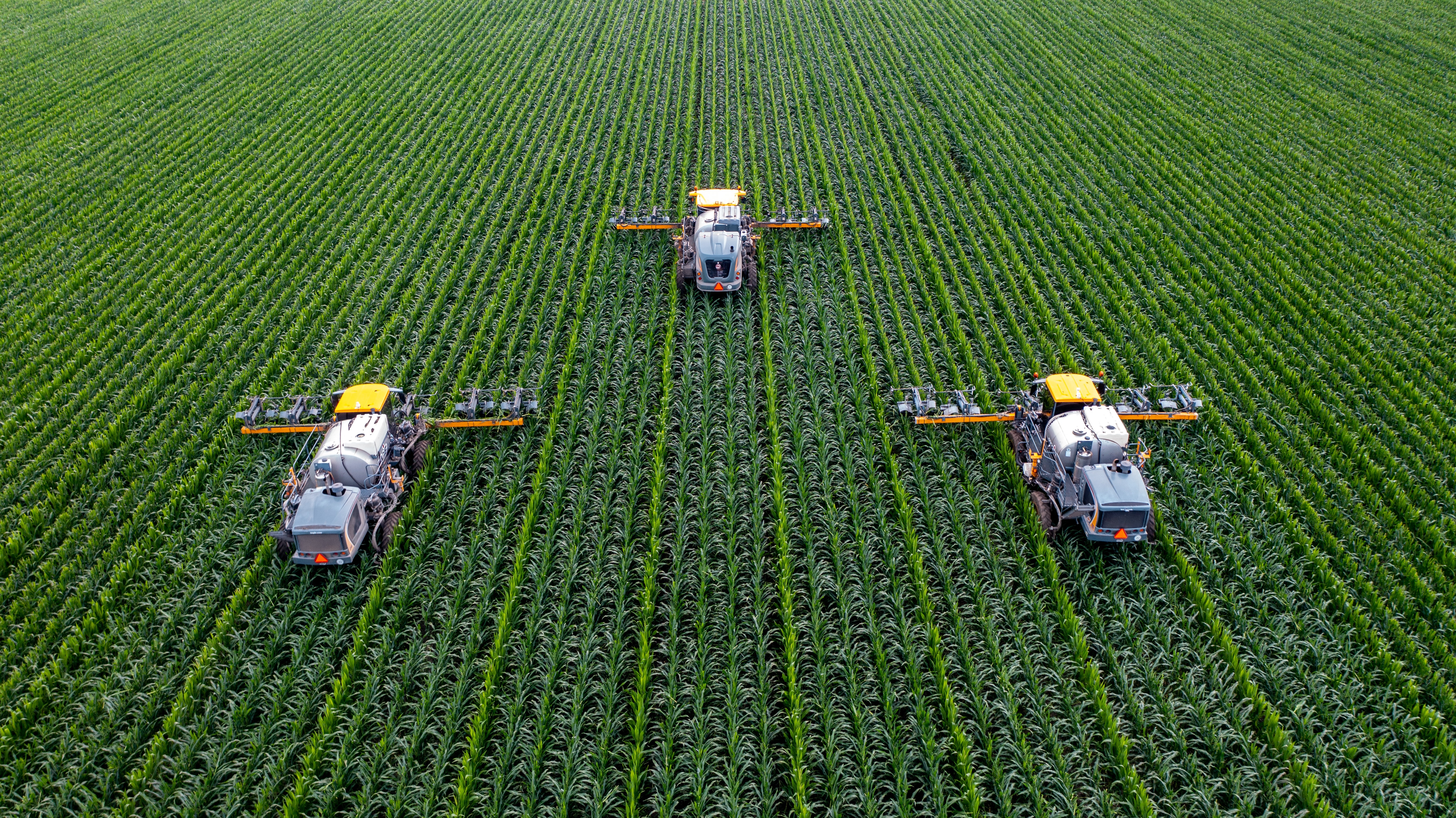Mission and Purpose
The Foundation for Food and Agriculture Research is committed to “support pioneering science to provide everyone access to affordable, nutritious food grown on thriving farms.” FFAR executes its mission by building public-private partnerships to deliver bold science research and to invest in the future agricultural workforce.
FFAR funds innovative research in agricultural priorities including soil health, sustainable water management, next generation crops, advanced animal systems, urban food systems, and the link between health and agriculture. Furthermore, FFAR invests in the future scientific workforce by offering fellowships, grants, and awards to future food and agriculture scientists who strive to improve the industry. By identifying agricultural challenges, collaborating with the private sector, and developing groundbreaking solutions, FFAR will be instrumental in maintaining American leadership in agricultural innovation.
Funding and Public-Private Partnerships
Congress established FFAR through the Agricultural Act of 2014 to address crucial agricultural research gaps and apply new research to meet the needs of the agricultural community. Through the creation of the FFAR, Congress allocated $200 million to build and nurture public-private partnerships. The funding was renewed in the Agriculture Improvement Act of 2018.
FFAR forms and fosters relationships with private organizations that want to fill research gaps matching the public funding. The partnership establishes private sector buy-in for research needs and accelerates solutions to agriculture and food challenges. Fostering collaboration between stakeholders on the inside and outside of the agricultural industry makes the research applicable and useful to real problems farmers and ranchers face in the field. The research topics include:
- Soil health. Existing farming practices and climate change are contributors to the degradation and deprivation of nutrients in farming soil. FFAR helps avoid these outcomes and develop sustainable soil practices that farmers can implement to maintain nutrient rich soil and produce healthy crops.
- Sustainable water management. Agriculture demands large quantities of water and releases surplus nutrients into our waterways. Implementing sustainable water management practices is essential for farmers to meet high demand while minimizing risks from floods, droughts, and water degradation.
- Next generation crops. Next generation crops are crops that producers can grow for future generations that contribute to crop diversity, increased resilience, sustainability, and economic profit. Growing the same crop year after year can contribute to more pests and pathogens invading farmers’ crops. Planting a diverse range of crops can help diminish these risks and Next Generation Crop research helps farmers develop new, innovative crops that offer economic security and environmental benefits.
- Advanced animal systems. FFAR researches advanced animal systems to create healthier livestock, aquaculture, and poultry so that people have better access to nutritious food. Improving the health of animals through reduced antibiotics and better animal welfare contributes to better efficiency and production.
- Urban food systems. Urban food systems, which are often affected by social and demographic issues, are susceptible to food insecurity and food waste. The lack of food and wastefulness creates a strain on urban producers. Finding solutions to help agriculture adapt to urban settings is better for urban consumers and provides access to healthy, affordable food while helping producers increase economic opportunity.
- Health-agriculture nexus. One in eight Americans do not have access to healthy, affordable food and 40 percent of the US population deals with obesity. FFAR researches the health-agriculture nexus to discover methods that can provide affordable and nutritious food to everyone in America.
- Investing in the scientific workforce. FFAR invests in the future workforce by awarding fellowships, grants, and awards to young leaders who work toward agriculture, environment, and sustainability breakthroughs. Fellowships like the Kirchner Fellowship focus on training students to evaluate the agricultural industry and learn how to interact with companies attempting to solve food and agricultural challenges. Awards like the New Innovator in Food & Agriculture Research Reward go to young scientists who make groundbreaking discoveries in research categories such as soil health and next generation crops.
FFAR in Action
- With the help of funding by FFAR, researchers have increased Photosynthetic Efficiency and proven that the bioengineering of photosynthesis may help increase the yield of major food crops. This shows that photosynthesis can one day allow researchers to experiment with more complicated food crops such as soybeans, producing “greater yields without loss of quality.”
- FFAR provided a $10.3 million grant to Ecosystem Services Market Consortium (ESMC) to develop the Eco-Harvest program, which rewards producers for their regenerative agricultural practices. Specifically, practices that aim to increase soil health, reduce greenhouse gas emissions, and improve water quality are essential to enhancing agriculture production with environmental benefits. ESMC is specifically targeting regions like the Midwest corn and soy belt to positively influence major production and cropping systems.
- Through the New Innovator in Food & Agriculture Research Award, researchers in Iowa found that fluctuations in groundwater impact grain yields. Understanding how these fluctuations can negatively impact future fields, the research team put together web-based tools to inform producers how soil water impacts soil nitrogen.
- The Roslin Institute at the University of Edinburgh performed a study through FFAR funding that showed how radiography can be used to test the bone density of laying hens. Poultry breeders have a variety of factors they use to decide which hens should lay eggs, but they were unable to determine bone density in live hens. This breakthrough will allow poultry breeders to improve bone health and reduce the risk of fractures for the next generation of their birds.
- Through the Seeding Solutions grant from the FFAR, the Cornell College of Agriculture and Health Sciences funded a study which determined why high temperatures decrease dairy cows’ milk production. Researchers concluded that increased heat causes stress and a decrease in milk production. They found that the addition of organic acids and pure botanicals to a cow’s diet may restore milk production.


